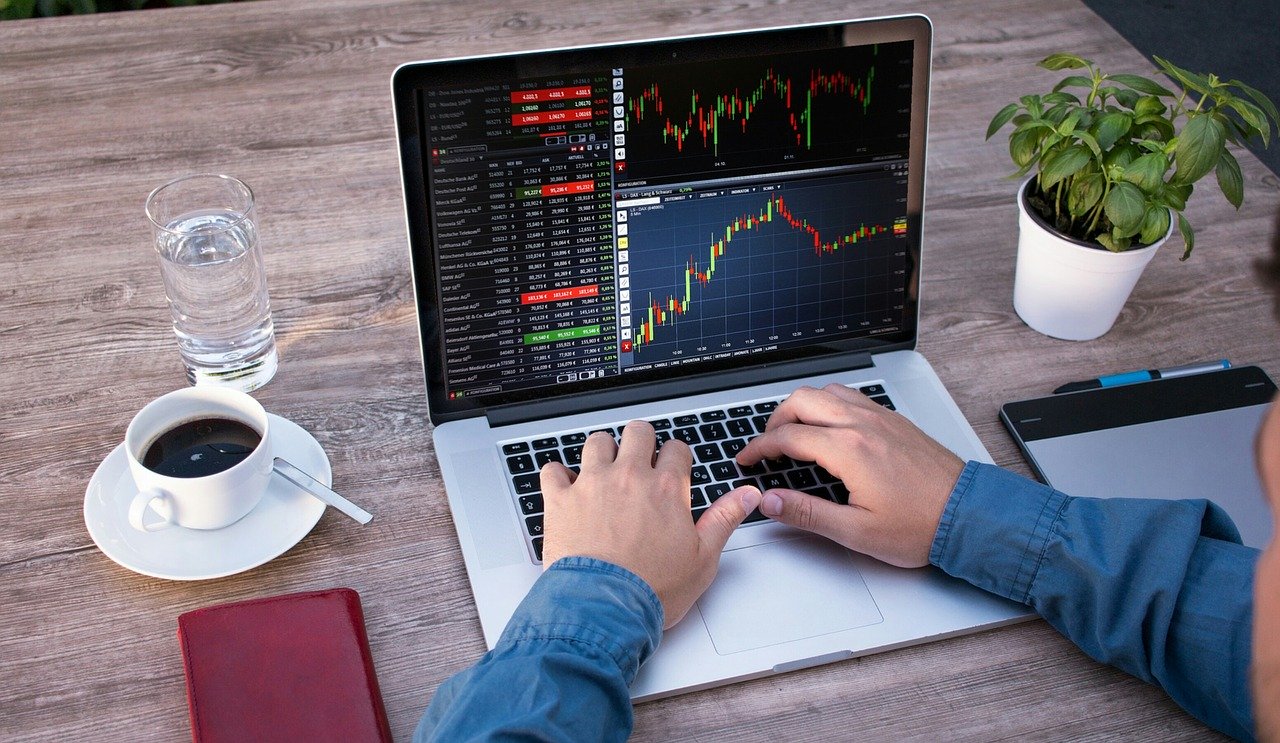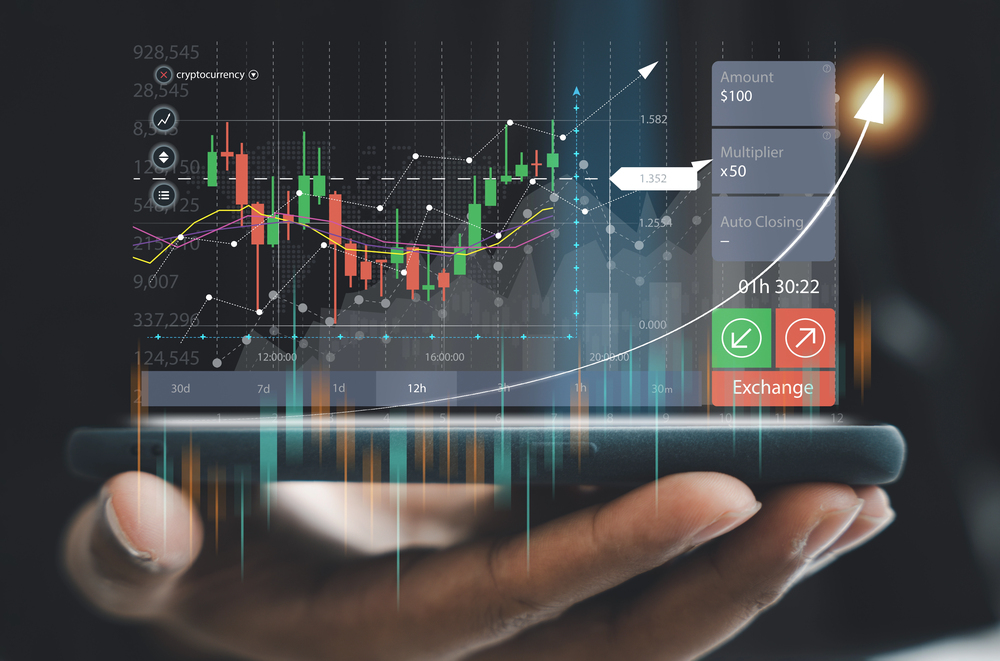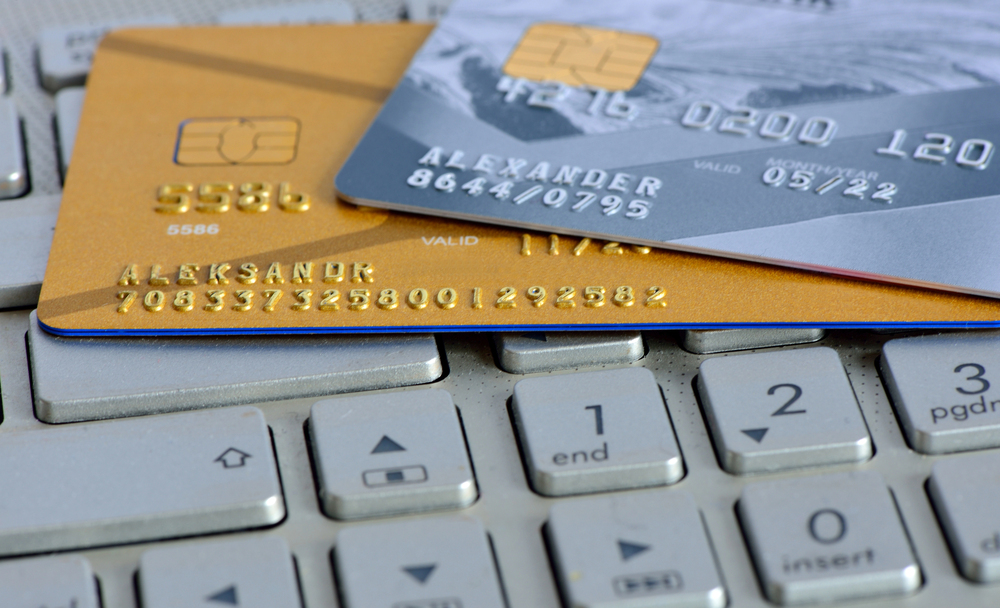
Are Forex Merchants Equipped To Deal With COVID-19 Volatility?
May 6, 2020 8-MINUTE READ
Foreign exchange markets and forex merchants have been weathering the seismic effect of the coronavirus pandemic. Not to mention similar influences on commodities such as gold. Even the usually volatile crypto markets have gone into overdrive. If you’re a merchant selling products and services within this space, that volatility can both help and hurt you. Securing a merchant account is a perfect way to better navigate such volatility.
There are more traders looking to speculate and profit from such volatility. Thus, forex merchants need to ensure the best possible payment processing strategy is in place. Especially as acquirers will view your operation as more high-risk than ever before. This guide will help you to understand precisely why that is, and what forex merchants (and others) can do about it to survive.
Why customers are flocking to trade forex, crypto, and precious metals
Where there is volatility, there is potential profit. The simple act of buying at one price and selling at a higher price is much easier when markets are volatile. For example, the British pound sterling recently fell 100 points against the dollar in one day. This was a reaction to UK’s Prime Minister Boris Johnson announcing that he had contracted the coronavirus. Those trading currency positions in the dollar and pound will have reaped huge rewards.
The volatility isn’t restricted to foreign exchange markets. Both gold and silver have displayed unheard of price fluctuations. Both precious metals are normally stable assets. Hence why they attract so many investors during times of economic uncertainty. But it appears even they are not impervious to the influence of the global economic crisis caused by COVID-19. Those who bought gold in March will be several thousand in profit after holding their position. The price has moved from $1,604.65 to $1,708.10 per ounce in a mere matter of weeks. That growth is set to continue.
The uncertainty caused by the global pandemic has also hit cryptocurrency exchanges. Crypto trading has always been known for its volatility. But customers flocking to alternative investment options have sent that unpredictability into overdrive. Bitcoin alone gained 12% in value in April. Year-to-date it’s increased by 20%, leaving gold bullion’s 12% growth in its rear-view mirror. With growth rates like these, it’s no wonder that everyone is rushing to grab a slice of the action.
Safety is another reason so many investors move away from stocks and government bonds. When an economy is faltering, these assets are some of the only options for a continued return on investment. As companies go bankrupt, consumers all over the world look for safe havens for their savings.
Why the forex, crypto, and precious metal markets are deemed so high-risk
Merchants operating within this space can make vast sums from commissions made on each trade. But volatility in a market can reduce trading frequency. There will be speculators who will look to secure short-term positions for fast and regular profits. Those who employ scalp trading and day trading strategies will be the ones upping their volumes of trades. They will do so by tweaking their trading bot algorithm rules to increase the frequency of trades.
However, those two methods are high risk. Only a select few will be taking on the markets in that manner. The vast majority are looking to buy and hold a commodity. Often, that will be in the form of currency or bullion in the hope that they increase in value. Most investors have chosen to invest in dollars since it’s the only currency that has appreciated since the outbreak. That means once they’ve made their initial investment, they won’t make another trade until it’s time to sell.
This poses issues if you’re a crypto, precious metals or forex merchant operating within this industry. Your volume of trades could fall off a cliff, leading to cash flow issues. Acquiring banks have realized that this is the case, which is why they’ve deemed the industry high risk. Also, any legitimate payment provider requires a license in order to operate in your region.
High-risk merchant accounts need merchants to meet more criteria than a standard merchant account. Those of you looking for diversified payment processing will now need to take extra steps to ensure your application is accepted. This includes having a bank account and a director residing in the same region as where your business is incorporated. Once again, proper licensing for the region where your business is registered and operating is a must. If not, you can forget about getting legitimate credit card processing.
Are you a merchant that offers its customers the chance to trade in precious metal commodities? If so read our comprehensive guide to securing a precious metal merchant account!
For forex merchants, it’s the perfect time to diversify payment processing options
There’s so much volatility in the current market. This means there’s plenty of opportunity for merchants in the forex, crypto, and precious metal trading space to secure record profits. Those not usually involved in these markets are making the switch in their droves. This is because they’re looking to continue their gains usually secured through more traditional means.
But your payments are likely to rise and fall in line with that volatility. Thus, it’s important to install a wide range of payment methods to avoid bottlenecks. Not to mention avoiding issues that could lead to a wave of chargebacks and loss of your payment processing capabilities. It’s crucial at this point to secure the services of a payment provider that understands high-risk business environments. Those without that expertise will likely terminate your merchant account. Often this happens when the going gets tough, leaving your business high and dry.
Here at DirectPayNet, we’ve accrued over a decade of experience of working with forex merchants and the payments industry. We also have clients in other similar high-risk industries. Having that experience gives us a unique perspective. As such, we know what you need to be doing as a business to survive and thrive doing these unprecedented times. Here are a few of the things you need to be thinking about.
1. Take steps to reduce risk
You’re operating in a high-risk business environment. Thus, you need to take steps to show acquirers that you are worthy of a high-risk merchant account. One way to reduce risk is to diversify your product offering. If you usually operate on commissions from customer trades, how can you expand your offer? For example, can you offer a low-price e-book to educate your customers on how to day trade? You will gain a couple of benefits from doing so. For example, you will gain thousands in low-risk sales to offset your high-risk activities. Next, you’ll also educate your customers in trading strategies that are the most profitable for your business.
Likewise, you can begin to offer medium-value courses. You could educate those who are entering the industry to understand how to make profitable trades in markets such as forex. Remember to prevent unnecessary chargebacks, avoid making any promises about making money or give specifics on profits. Tailor your marketing materials to the educational aspect of your products. That way customers aren’t going to submit a chargeback if a trade goes wrong later down the line.
2. Take steps to reduce fraud and chargebacks
Unfortunately, when transaction volumes increase, so does the potential for chargebacks and fraud. So you need to take preventative measures now to ensure continued payment processing. First of all, by acquiring a high-risk merchant account, you can take a look at transaction-level data. This allows you to comb through your payment data. You can then flag any transactions likely to result in a “friendly fraud” chargeback before they cause you any harm. Secondly, acquiring banks that offer merchant accounts can also provide state-of-the-art anti-fraud tools. For instance, you may be able to implement 3D Secure on your transactions. This software uses machine-learning algorithms to approve or deny suspicious transactions.
Once again the benefits of implementing this technology are two-fold. In the first instance, your card not present (CNP) fraud will become reduced. Better still, if you’re a merchant operating in the EU, you will likely need to implement 3DS2 to your transactions by 31st December 2020 anyway. This is in compliance with Strong Customer Authentication (SCA) regulation. Which comes into force before the start of 2021.
3. Readjust your currency portfolio to account for volatility
As mentioned, the majority of investors will only be touching certain currencies, such as the dollar, due to volatility. Some speculators will thrive on extreme volatility. But most will look to trade currencies with more stable and predictable shifts in value to ensure profits. Thus, it’s wise to reevaluate the currencies you offer. If you’ve only got currencies that are highly volatile, you could lose thousands as traders wait on the sidelines.
Don’t take the risk of financial failure in the hope that you can attract huge numbers of scalping and day traders. Instead, beef up your offering to cater to the majority who will be looking to secure low-risk profits through buy-and-hold trades. It’s true that restricting yourself to these more stable currencies could hurt profits short-term. But during these uncertain times, you’ve got to do whatever you can to secure the future viability of your business.
Interest in forex, crypto, and precious metals has piqued, so act now to take advantage
There’s no question. Investors have turned to forex and other alternative investment options in the wake of the coronavirus outbreak. If you’re a merchant in this vertical, this presents an opportunity. But be careful. It could be a double-edged sword. If you chase profits from those looking for high volatility, you could find yourself on the hook for increased fraud and chargebacks. Too many and you could lose your ability to process payments. Instead, look to lower risk and diversify your payment processing through a merchant account.





7 thoughts on “Are Forex Merchants Equipped To Deal With COVID-19 Volatility?”